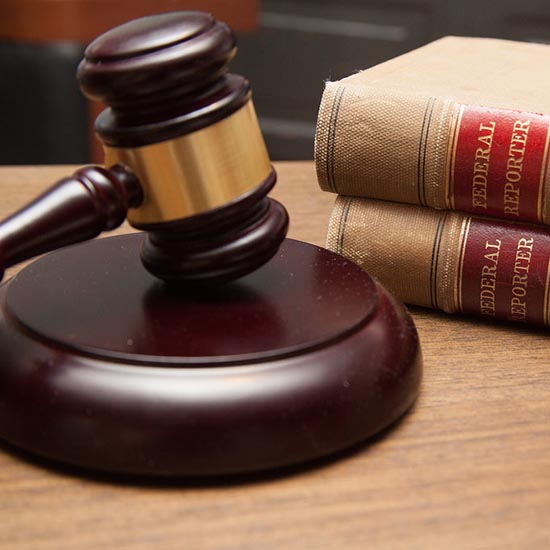
Failure to Close Purchase of Property
April 17, 2018
Understanding Estate Administration Taxes
April 20, 2018A summary judgment motion is a mechanism whereby a party to any civil litigation can request the disposition of the litigation on a summary basis, prior to (and sometimes well in advance) of a full trial.
Prior to discussing will challenge proceedings specifically, it is important to review the general principles and rules governing summary judgment motions.
Rule 20.04(2) sets out the test for establishing entitlement to summary judgment. It states that the court shall grant summary judgment if the court is satisfied that there is no genuine issue requiring a trial with respect to a claim or defence.
Rule 20.04(2.1) goes on to provide that in determining whether there is a genuine issue requiring a trial, the judge shall consider the evidence submitted by the parties and may weigh the evidence, evaluate the credibility of any deponent and draw any reasonable inferences from the evidence unless it is in the interest of justice for such powers to be exercised only at trial.
Rule 20.04(2.1) expands the powers of the motions judge to weigh evidence and highlights the need for a full evidential record in all cases by providing that judges may exercise their enhanced powers “unless it is in the interest of justice for such powers to be exercised only at a trial”.
On a motion for summary judgment the onus is on the moving party to show that there is no genuine issue requiring a trial, but the responding party must present its best case or risk losing. In this regard, the court is entitled to assume that the parties have advanced their best case and that the record contains all the evidence that the parties respectively will present at trial. (Orfus Estate v. Samuel and Bessie Orfus Family Foundation, [2011] O.J. No. 4301 paragraph 10).
If the moving party meets the evidentiary burden of producing evidence on which the Court could conclude that there is no genuine issue of material fact requiring a trial, the responding party must either refute or counter the moving party’s evidence or risk a summary judgment. (Orfus Estate v. Samuel and Bessie Orfus Family Foundation, [2011] O.J. No. 4301 paragraph 10)
In Ontario Jockey Club, the purpose of Rule 20 was described in this way:
- The purpose of Rule 20 is clear. The rule is intended to remove from the trial system, through the vehicle of summary judgment proceedings, those matters in which there is no genuine issue for trial…
There is no doubt that summary judgment is available in will challenge proceedings.
As stated by the Court of Appeal in Chappus Estate (Re), “the rules contemplate the possibility of summary disposition in contentious estate matters”.
Rule 20 contains evidentiary requirements and safeguards sufficient to address any special concerns associated with contested will challenges which the court has considered as “just another species within the larger genus of civil proceedings” (Re Estate of Ruth Smith; Smith v. Rotstein, 2010 ONSC 2117 (CanLII))
In a contested will case a motion for summary judgment may be brought before or after a motion for an order giving directions under Rule 75.06.
The Court will refuse summary judgment where: “the issues to be resolved cannot be truly, fairly, and justly resolved without the forensic machinery of a trial”: Healey v. Lakeridge Health Corp. (2010), 72 C.C.L.T. (3d) 261 (S.C.), at para. 28, aff’d (2011), 103 O.R. (3d) 401 (C.A.)
However, the Court is permitted to grant partial summary judgment. This is confirmed in Re Estate of Ruth Smith; Smith v. Rotstein, 2010 ONSC 2117 (CanLII) wherein Justice Brown held, at paragraph 46, that “where an objection to a will involves multiple “claims” regarding its invalidity, I see no reason why partial summary judgment could not be granted dismissing some of the claims provided the result was consistent with the purpose of Rule 20 in removing a discrete issue from the list of those to be tried, thereby shortening the trial…”

